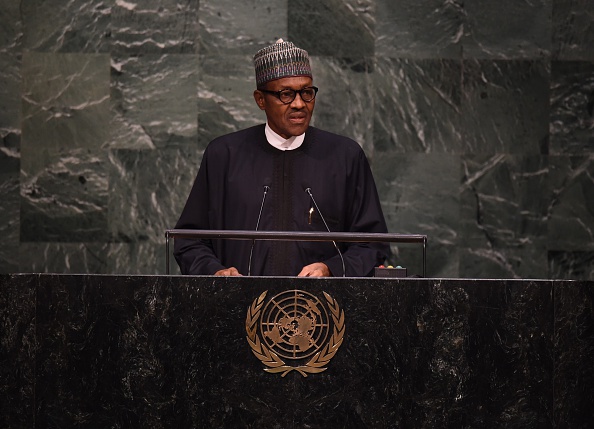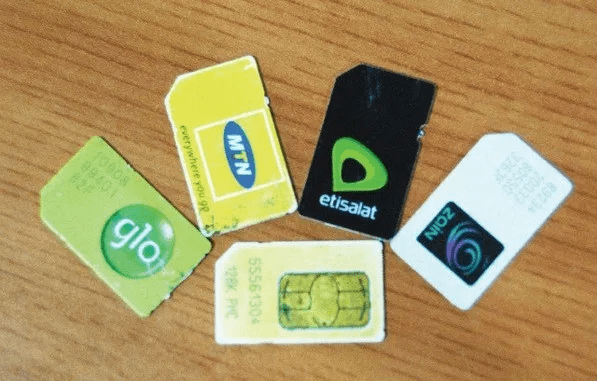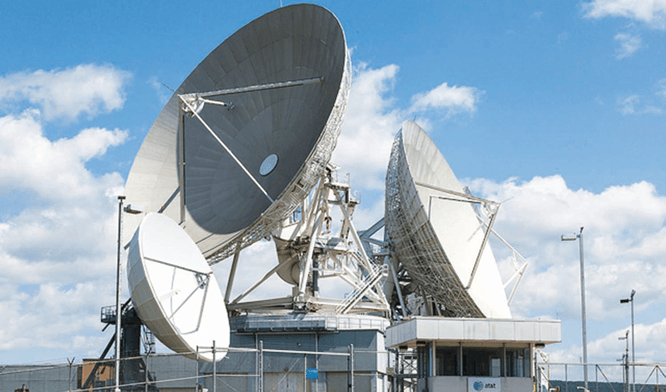
Buhari Calls For Safe, Inclusive Digital World
President Muhammadu Buhari has called on world leaders to come up with proposals to create a digital world that is accessible, inclusive and safe to all.
In his keynote speech at the 2019 Annual Investment Meeting (AIM) in Dubai on Monday, President Buhari said a certain level of regulation was needed to preserve the integrity of the digital economy.
The theme of the summit is: ‘Mapping the Future of Foreign Direct Investment: Enriching World Economies through Digital Globalization.’’
Acknowledging that digital globalisation is transforming the world almost every day with innovations and transformative ideas, the Nigerian leader cautioned that the cyber world would remain a constant threat if left unregulated.
The President decried the use of the cyberspace to manipulate elections, subvert the democratic rights of citizens as well as propagate violence.
He also lamented the steady rise in fake news and cybercrimes, particularly when platforms are hijacked and manipulated by criminals.
President Buhari, therefore, called for collective efforts led by both public and private sector leaders to address the emerging threats of digital globalisation.
‘‘Today, we have a cyber-world that is intangible but real. This borderless world is powerful, and it impacts the lives of billions of people, no matter how remote their physical locations are.
‘‘People work in it. People socialise in it. And people invest in it. This presents enormous opportunities. But it also remains a constant threat if left unregulated.
‘‘On the one hand, it has made the human race more productive and more efficient. Today, we have digital banking, virtual currencies and many social platforms that connect people and cultures.
‘‘On the other hand, we have seen platforms hijacked and manipulated as evidenced by the steady rise in fake news and cybercrimes.
‘‘More recently, we are also witnessing the use of the cyberspace to manipulate elections, subvert the democratic rights of citizens as well as propagate violence.
‘‘In effect, the digital world has become the new frontier for both good and evil. Therefore, the challenge for world leaders must be to ensure that this space is inclusive, accessible and safe,’’ the President told the ninth edition of AIM, attended by world leaders in both the public and private sectors.
The President used the occasion to reflect on the digital revolution in Nigeria, buoyed by impressive statistics on mobile phone penetration, technology hubs and the advent of young entrepreneurs attracting investments of over 100 million dollars to the country.
His words: ‘‘In Nigeria, our mobile phone penetration exceeds eighty per cent. This means the majority of Nigeria’s one hundred and ninety million citizens are fully connected to this new digital world; especially our youth.
‘‘Sixty-five per cent or one hundred and seventeen million Nigerians are under the age of 25 years. These bright minds are the drivers of this emerging digital sector.
‘‘Today, Nigeria has close to ninety technology hubs and every day, new ones are coming up and they are all developing solutions for Nigerian, and indeed global problems.
‘‘Already, these young entrepreneurs have attracted investments of over one hundred million dollars. A sizeable amount from overseas including Silicon Valley.
‘‘As many of you from this region are aware, Nigerian start-ups always have a very impressive outing at the Gulf Information Technology Exhibition (GITEX). Many have won prizes.’’
President Buhari told the investment summit that as leaders in the public and private sector it was their responsibility to create the enabling environment for young people to flourish and reach their full potential.
He shared the Nigerian experience:
‘‘When we came in 2015, we immediately agreed that any future economic growth must be inclusive. As the Nigerian youth population is fully digitalised, it is clear that the idea of having an inclusive economy cannot be achieved without digital inclusion.’’
The President announced that Nigeria was working on creating the largest digital database in Africa, with over thirty million Nigerians and legal residents already captured in the country’s digital identity system.
Also, the President highlighted that Nigeria’s public sector reform programmes, from procurement to payroll to revenue collections, focus on digitising key operations.
He said the recourse to technology and digitisation reinforces the administration’s objectives of improving efficiency, accountability and transparency in governance.
On cybersecurity, President Buhari said Nigeria has taken the lead in cyber policing in West Africa, working with regional and global partners.




